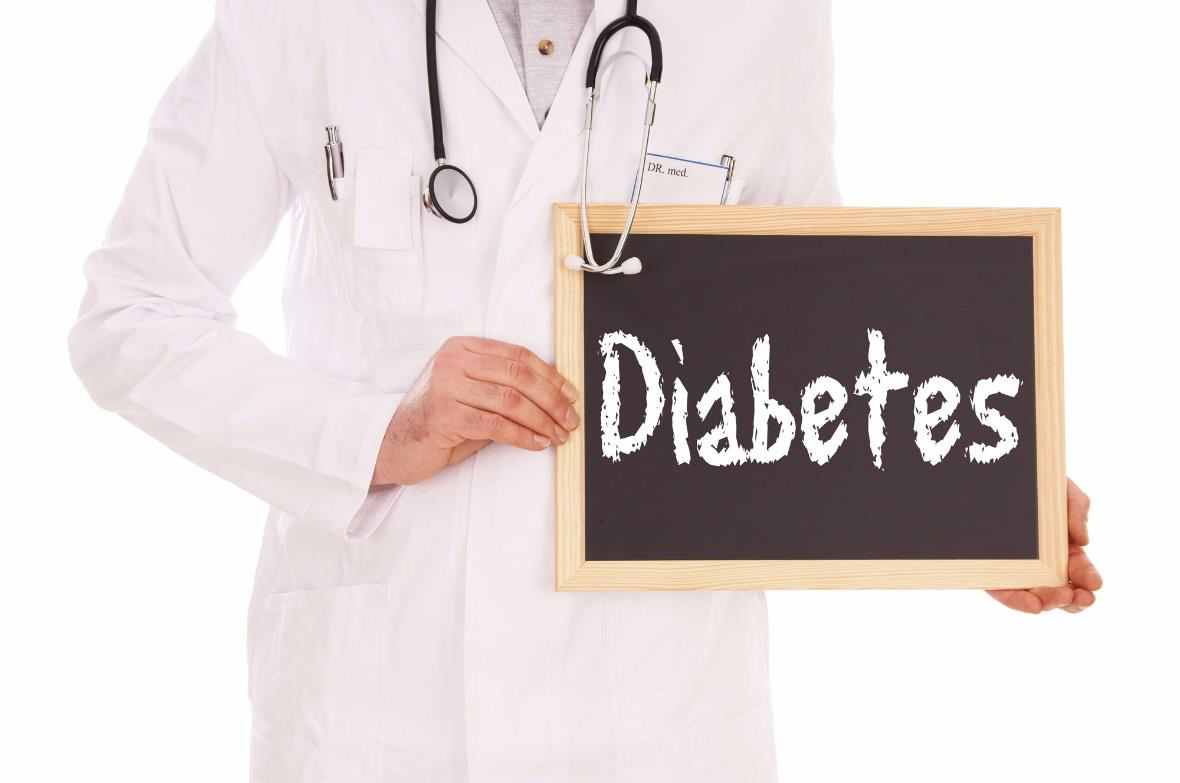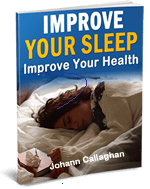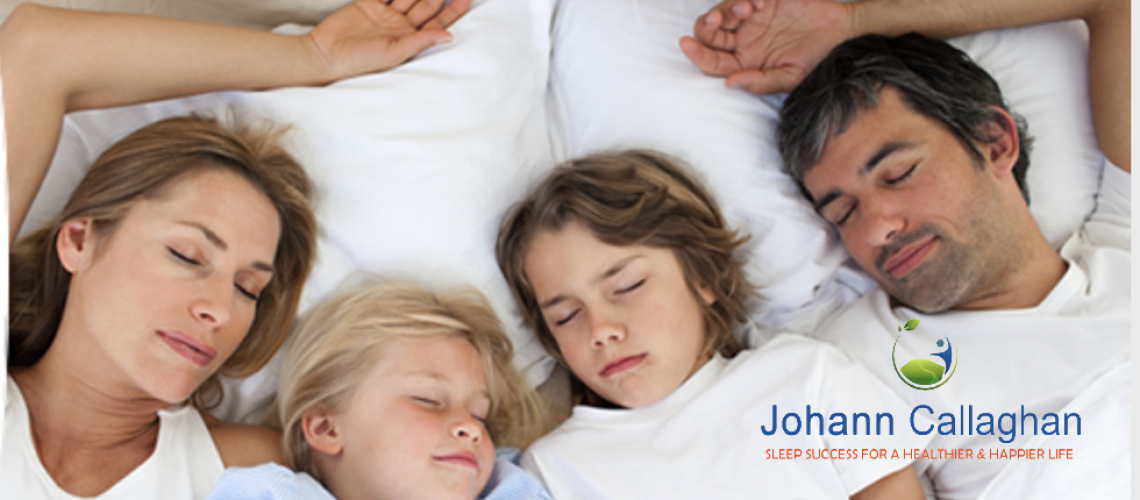By Johann Callaghan – Certified Health and Sleep Science Coach, Author, Online Trainer
Sleep is vital on all levels; physically, emotionally and mentally. Without adequate amounts, you feel sleepy. You may also experience other obvious signs and symptoms such as crankiness, headaches, and/or trouble concentrating. However, there are even more serious consequences of not getting enough shut-eye. We cannot survive without sleep. In fact, the longest time without sleep on record is 11 days. Sleep is truly one of the most important yet often overlooked factors of staying healthy.
Physical Health
On a physical level, we need sleep to restore our bodies, to heal and rejuvenate after the day. The body is producing critical hormones and our immune system is busy fighting infections. Sleep deficiency can cause imbalanced blood sugar, inflammation and reduce insulin sensitivity. Lack of sleep increases the potential for weight gain and unstable blood sugars, which then increases your risk of diabetes. Heart disease is also higher if you are chronically sleep-deprived. If not treated, over the long term can cause obesity, type 2 diabetes, heart attack and stroke. According to the National Sleep Foundation, despite exercise, age, weight, and smoking habits, your risk of heart disease goes up if you do not get enough sleep.

Brain and Cognitive Function
When we sleep, the brain is repairing and renewing cells and clearing out toxic waste. A toxic protein called beta-amyloid and tau proteins is known to build up in patients with Alzheimer’s disease. An NIH-funded team of researchers has evidence that a chronic lack of sleep may worsen the disease and its associated memory loss.
Good sleep is important for brain and cognitive function including problem-solving, decision making, attention, alertness and concentration. Deep sleep is necessary to consolidate memories to long term memory, for learning and the ability to recall memories. If you stay up late cramming for an exam, chances are you will not be able to retain the information nor recall it the next day. A recent 2015 study in the Journal of Child Psychology and Psychiatry showed that children’s sleep patterns can have a direct impact on their behaviour and academic performance.
Mental Health
You already know that you feel irritable and short-tempered when you don’t get enough sleep. Chronic lack of sleep, however, also increases your chances of depression and anxiety. Because of your reduced ability to handle stress and your increased irritability, it makes sense that your personal and work relationships will suffer. Sleep deprivation is tied to so many health issues. For optimal and long-term health, sleep needs to be a top priority and we need to remember that it is absolutely essential for our emotional and mental well-being. Sleep problems are particularly common in patients with anxiety, depression, bipolar disorder, and attention deficit hyperactivity disorder (ADHD).
Sleep Recommendations
There are lots of tips to diet, health and getting a good night’s sleep. However, it is important to note that everyone is different and may have different requirements. It could be genetics, your ancestry, gut health and/or stress levels that have an impact on your sleep requirements. It is just a matter of finding that out by listening to your body and what works for you.
According to the CDC, the breakdown is as follows:
-
Newborns (0–3 months): 14–17 hours
-
Infants (4–12 months): 12–16 hours
-
Toddler (1–2 years): 11–14 hours
-
Preschool (3–5 years): 10–13 hours
-
School-age (6–12 years): 9–12 hours
-
Teen (13–18 years): 8–10 hours
-
Adult (18–60 years): 7-plus hours
-
Adult (61–64 years): 7–9 hours
-
Adult (65+ years): 7–8 hours
Top 10 Sleep Tips
The key to optimising your sleep is to stay aligned with your circadian rhythm, creating good daily routines and adopting a wind-down routine.
Here are some things that can help:
1. Get sunshine in the morning.
This could be as simple as pulling back your curtains. Sunshine helps to turn off Melatonin, our sleep hormone and wake you up quicker. Getting sunshine outdoors helps make vitamin D which helps make melatonin, helping you get asleep and stay asleep during the night. Low levels of vitamin D has been linked to a higher risk of sleep disturbances, poorer sleep quality and reduced sleep duration.
2. Create a wind-down routine.
This is vital because sleep requires a gradual slowing day before going to bed. Blood pressure, core body temperature and heart rate must slow down to enable the onset of sleep. You can read a book, take a shower, meditate or do gentle yoga, whatever works for you.
3. Wake up at the same time every day.
The body loves routine so by getting up at the same time creates a natural wake up without an alarm clock. This resets the circadian rhythm for the day ahead and in turn enabling a better night’s sleep. Your sleep starts from the moment you wake up.
4. Turn off electronic devices 1-2 hours before bed.
Electronic devises emit a blue light which mimics daylight, upsetting your circadian rhythm and blocking melatonin, your sleep hormone. They also emit harmful electronic-magnetic radiation. Turn your phone onto flight mode and turn off Wi-Fi routers at night.

5. Exercise and movement.
Exercise can contribute to more sound and restful sleep. Physical activity increases the time spent in deep sleep, the most physically and restorative sleep phase. Deep sleep helps to boost immune function, support cardiac health, and control stress and anxiety. However, it is not a good idea to do strenuous exercises late at night because it raises core body temperature and increases cortisol and adrenal. This combination is not ideal when winding down at night. Instead, you can do gentle exercises like yoga or stretching.
6. Don’t eat heavy meals 3-4 hours before bed.
The body’s metabolism is slower and can’t digest food effectively while sleeping. This can result in various issues, such as indigestion, and acid reflux. Also, eating late increases chances of mental exhaustion.
7. Stay hydrated.
Drink a glass of water first thing in the morning. We are primarily made of water and it is essential for life. It optimises blood pressure, regulates body temperature and is required for eliminating waste. With warmer weather and more outdoor activities, it is essential to stay well hydrated.
8. Keep your bedroom cool and dark at night.
As nighttime approaches, our body temperature naturally drops, signalling that it’s time to slow down and get some rest. By keeping your bedroom cooler (between 60°F and 68°F degrees/16°c and 20° c), you’re reinforcing your body’s natural instinct to sleep. Light and darkness are powerful cues that tell your body it’s time to rest or get you ready for a productive day. So, it’s no surprise that light in the bedroom has an impact on the quality of your sleep. Use lighter bedding and cotton sheets which helps your body to breathe and stay cool, especially during the summer.
9. Avoid alcohol and caffeine.
Alcohol has a sedating effect and does not enhance natural sleep. It restricts REM sleep and can cause fragmented sleep. It is also a diuretic and may cause you to go to the bathroom. Caffeine is a stimulant and it can take a long time to metabolise. If you are an avid coffee or soda drinker, you may find it difficult to wind down for sleep at night and instead of being wired and tired.
10. Take magnesium.
This mineral plays an important role in your mood, metabolism, maintenance of your bone and heart health, as well as the promotion of healthy sleep. It’s involved in hundreds of chemical reactions in your body. Magnesium is also involved in your body’s reaction to stress, and it is helpful in reducing anxiety as well. Insomnia has also been linked to low magnesium levels. Magnesium plays an important role in ensuring you enter the deep, restorative stage of sleep. Magnesium is not produced by your body. Therefore, you must get it in food sources or through supplements or a topical magnesium spray. Food sources include dark leafy vegetables, dark chocolate, broccoli, avocados, nuts (almonds, cashews and brazil) and seeds.
Conclusion
Good quality sleep is vital for everyone’s health and well-being. It is often neglected and overlooked as not important and therefore not prioritised. Create a new attitude and perspective on the importance of sleep and create the life you love with health and happiness for yourself, your family and your children. You simply cannot achieve optimal health without taking care of your sleep.
Sources:
Sleep loss encourages the spread of toxic Alzheimer’s protein
https://www.nia.nih.gov/news/sleep-loss-encourages-spread-toxic-alzheimers-protein
Cognitive benefits of last night’s sleep: daily variations in children’s sleep behaviour are related to working memory fluctuations
https://www.ncbi.nlm.nih.gov/pubmed/25052368/
How much sleep do I need? (2017).
https://www.cdc.gov/sleep/about_sleep/how_much_sleep.html





